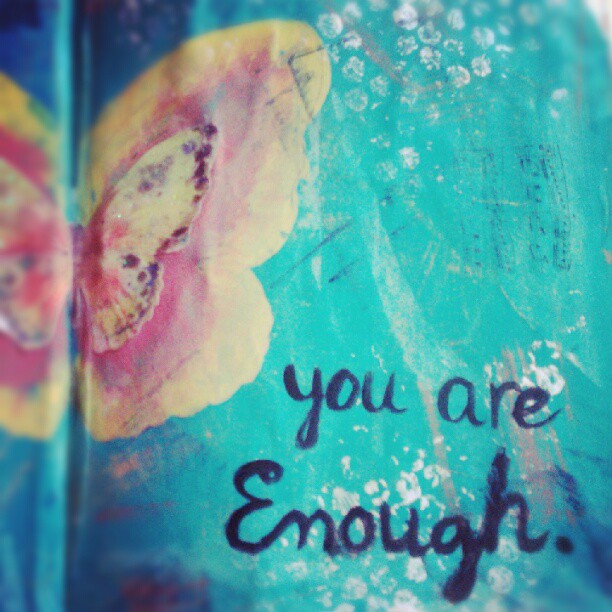Reclaiming Our Sexual Selves: Supporting self-determined, embodied, and sex-positive healing for survivors of trauma
By Emma Ellison & Lauren Shay, BWSS Reclaiming Our Sexual Selves Support Group Facilitators
This Fall 2013, women gathered together in Reclaiming Our Sexual Selves to explore the ways that we, as women, have experienced the impacts of sexualized oppression and trauma. Participants engaged in the brave work of exploring two often silenced and disconnected subjects: women’s sexuality and healing from violence/abuse.
In this group, women shared a safe space to identify the impacts of violence/abuse on their sexual selves, explore practices for embodied healing, and discover their own unique approach to sexuality. Much of our work involved self-reflection and discussion of deeply rooted beliefs about sex and sexuality.
For survivors of sexualized violence, sex and sexuality were targeted for abuse. Sexualized violence teaches many damaging and dehumanizing beliefs about sex and self, including that sex is secretive, hurtful, and uncontrollable. For survivors of physical, emotional, and/or sexualized abuse, our sense of trust and safety in ourselves, our bodies, our relationships, and the world is profoundly undermined.
Survivors come up against blame, silence, and shame placed on them by not only abusers, but often their surrounding communities and culture at large. For many women, messages that their bodies are not their own, that their bodies are vulnerable and problematic, and that they are responsible for protecting their bodies from abuse has meant a disconnection from their bodies as a site of safety, intimacy, pleasure, and wisdom.
Throughout Reclaiming Our Sexual Selves, women shared their varied and diverse experiences of oppression, trauma, survival, resistance, desire, self-acceptance, and resiliency. Healing from abuse and reclaiming sex and sexuality is a uniquely individual experience for all survivors, shaped by our unique identities and lived realities. It can be uncomfortable work, unsettling deeply ingrained patterns of behaviour and thought, but the potential for sexual healing to be a site for a holistic healing of the self has made this process deeply rewarding for women in this group. Reclaiming sex and sexuality for ourselves can also be a meaningful form of resistance against sexualized oppression and the devaluing of women’s bodies through other forms of oppression.
“I know this sounds cliché by now, but never give up. Seek out help and don’t give in to the little voice that says you can go it alone. Healing treatments have improved over the years. Dedicate some time for healing. It does get easier and you will be glad you started the healing journey.” A.H. – group participant
Women shared that healing sex may or may not involve an intimate partner and that a “healing vacation from sex” and/or reclaiming a sexual relationship with themselves is a central part of their healing process. Women valued the opportunity to define sexuality for themselves – finding and building their own sense of what they want, based in their own needs, feelings, values, and desires.
It is our hope to not only continue to offer Reclaiming Our Sexual Selves support groups at BWSS, but to cultivate awareness and competencies within the broader anti-violence movement to support self-determined, embodied, and sex-positive healing for survivors of trauma.
Last year, Battered Women’s Support Services responded to over 10,000 crisis calls from women and girls to get help and end violence. We could not provide this essential support without your contribution.






